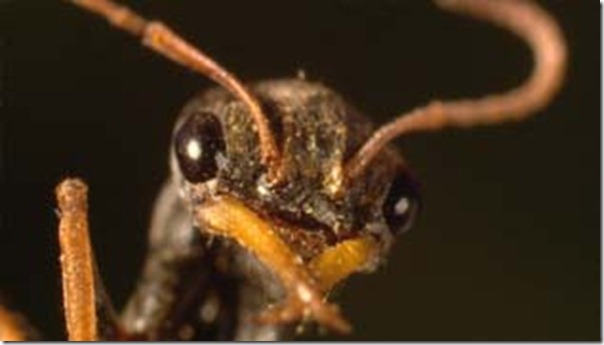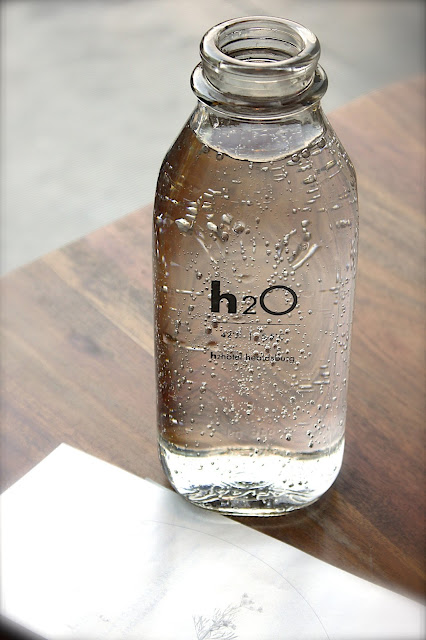
Summer is here and when the temperature rises, some of you may embrace the outdoors and get that camping gear ready to go. I am not a huge fan of camping in hot weather but there are some positives – warm balmy nights, and less shivering going to bed.
We list 5 tips you need to think about camping in summer – what you need to do for a positive and happy camping trip in warm weather.

Read 7 tips on how to stay cool when camping here as well!
1. Don’t forget a well-stocked First Aid Kit
 |
| Photo: St Johns Ambulance |
- First Aid kits should be something you take each and every time when you go camping. But in summer, just remember that you might need to check it, re-stock and add to it. Go to St John Ambulance website and buy your fully stocked kit.
- Insect repellent for the mosquitos and flies is crucial.
- You might want to even think about getting a net to go over your head to reduce the annoyance these bugs give you in summer!
- If you get bitten, something to soothe the bites should be in that first aid kit too. One suggestion for mosquito bites is to rub the bite with a piece of dry soap. It doesn’t work for me, but others swear by it.
- Summer means snakes, so a pressure immobilisation bandage should be included too. This bandage can be used on funnel-web and mouse spider bites too. We have one in our backpacks for our hikes in summer. Learn how to use it.
- And if you are not too sure about First Aid, you should look into doing a course, or there is an app for your phones which could assist you in managing an emergency situation.
- Don’t forget the sunscreen – and plenty of it.
- Avoid unnecessary exertion on very hot days. Heat exhaustion and heat stroke (the latter can be fatal) can happen readily without proper precautions and common sense. Red Cross Australia has a guide to these conditions and how to treat them. It’s worthwhile to read up on it before camping in hot conditions.
2. Keep food and drinks cold.
Sounds basic, doesn’t it?
But the food that is not properly chilled is going to be
- gross
- inedible
- dangerous to consume
And nothing spoils a camping trip faster than food poisoning.
So if you want to know how to decrease the chances of a funny tummy and keep food cool, we suggest you read our Top 10 tips for keeping food cold.
The tips mentioned in this story are all very achievable and won’t break your bank!
One important tip is that you might have to be prepared to move your food/drinks around the campsite to wherever the sun is not throughout the day.

Image source: here
3. Look at your campsite before you set up
So you have found a great spot to set up? You all jump out and start unloading….and then the day progresses and the sun now beats down on your once shady cool spot…..
A bit of thinking before you set up is in order.
- Before you unpack, look at the time of day and where the sun will be in the afternoon. The heat of the day is when your campsite, especially your tents/trailer, is going to need that shade.
- Have you checked for ant hills in your campsite? We didn’t once and found we were camping near inch ants. And their bite is so painful. Trust me on this one!!!
- Additionally Hopper Ants (Hopper ants are native and found in Tasmania, country Victoria, New South Wales and the ACT, and parts of South Australia and can hop 20 cm in one bound!!). They can cause severe allergic reactions, so check your site closely for this painful sort of insects.
- Don’t forget to watch the trees where you are too – heat stress can cause branches to drop without a breath of wind around. It’s never recommended to camp under trees, but do be extra wary of gum trees.
Choosing a campsite is important at any time of the year – not just summer – and you can read how to choose a campsite – click here.

4. Bring water and then, more water
Water, when you go camping, is important at any time right? But in summer, it takes on new importance as dehydration is dangerous, and physical activity in the warmer months can make dehydration a greater possibility.
Ensure your children are given plenty of water throughout the day too, as little ones can dehydrate quickly.
Don’t count on the site having clean drinking water available – if you can, check-in advance, but if camping remotely, you will need to bring water with you.
Many campgrounds have water that is not safe for drinking. Always check before consuming, and if in any doubt, sterilise your water. If you are not sure about water filters, have a look at these from Wild Earth to see a range available to you in all price brackets.
Heading to the Outback? Then take as much water as you can, because if your vehicle breaks down remotely, you need to have that water to help you survive until help arrives (and don’t leave your vehicle).

5. Know the rules
Summer in Australia means bushfires. And fire bans are put in place for a reason. The ban on campfires in National Parks and Forest Reserves is generally from November 1st through to April 30th, but this can vary from state to state. Check.
- There are different rules on Total Fire Ban days and the Fire Danger Season. It’s important that you know the difference.
- Check with local fire authority websites – eg. CFS, RFS, etc and know the conditions. Continue to check websites/listen to local radio throughout your stay so you are aware of potential fire risks.
If you are allowed a campfire where you are (and you know this because you checked in ADVANCE) remember that if you are collecting wood nearby, check the wood closely before you pick it up (insects, spiders and reptiles underneath could make you need that First Aid Kit).
And if you do have a campfire, extinguish completely….if it’s hot to touch, it’s too hot to leave.
Not sure how to put out a campfire? Read these steps to putting out a campfire properly.

You can read our 7 tips for keeping cool when it’s summer and you are camping – read it here
Editors Note: This story was first published in 2012 and has been regularly updated every year.


